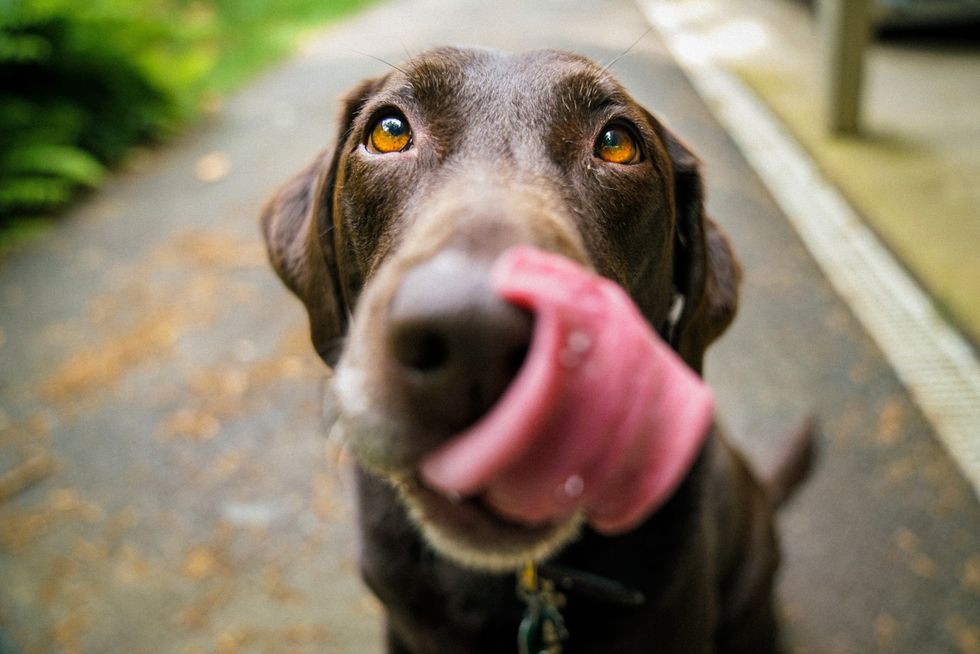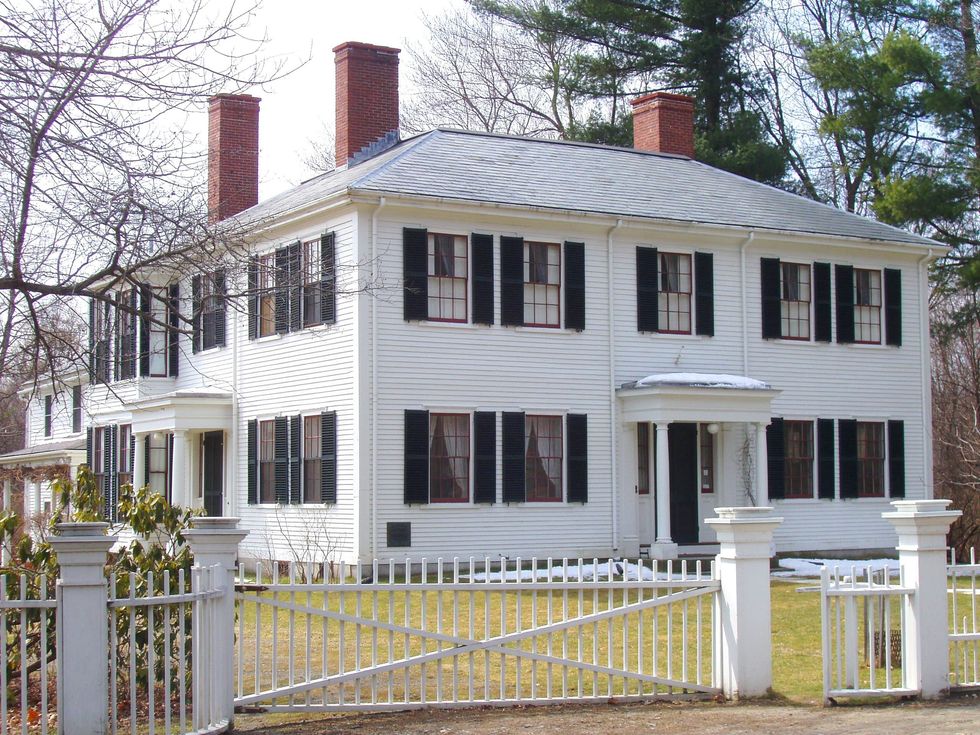Long before President Donald Trump called kneeling NFL players “sons of bitches” and Laura Ingraham admonished LeBron James to “shut up and dribble,” sports was a point of cultural and political collision for black athletes.
“The newspapers used to call sports pages the ‘toy department’ for a reason. It was, after all, only a game,” writes Howard Bryant, an award-winning journalist, author, and senior writer for ESPN The Magazine. “But sports was always more than that for the black athlete.”
In his new book, “The Heritage: Black Athletes, a Divided America, and the Politics of Patriotism,” Bryant explores the deep, complicated history of sports, race, and dissent in America.
Today, as fatal confrontations between people of color and the police are commonly broadcast over social media, Bryant examines the complex issues that erupt at the point where sports and society collide. He explores topics ranging from the debate over “political” messaging and the optics of patriotism to the longstanding race and class resentments that target black athletes — whose big paychecks have both empowered them to speak up and pressured them to keep silent.
[new_image position="standard" id="null"]Howard Bryant. Image courtesy of Beacon Press.[/new_image]
Drawing on interviews with athletes, activists, veterans, historians, journalists, and many others, Bryant traces the rise, fall, and return of the black political athlete, detailing the rich cultural history of what has been informally nicknamed the “Heritage” — started by Paul Robeson, built by Jackie Robinson, Muhammad Ali, and Olympians Tommie Smith and John Carlos, then undermined by what he refers to as corporate-friendly “transcenders of race,” such as O.J. Simpson, Michael Jordan, and Tiger Woods, only to be reclaimed today by athlete-activists such as Colin Kaepernick, LeBron James, and Carmelo Anthony.
One of the major fracture points around the issue of sports and culture, Bryant argues, came after Sept. 11, 2001, when the sports industry turned arenas into a pageantry for military authoritarianism and heightened nationalism.
It was revealed in a 2015 report called “Tackling Paid Patriotism” by U.S. Senators John McCain and Jeff Flake that sports teams had been charging the military to stage events (including those heartwarming "surprise" homecoming ceremonies) and had been using sporting events as recruiting opportunities.
In light of the NFL ruling on May 23 requiring athletes to stand for the national anthem, GOOD caught up with Bryant to find out more about the state of sports and politics in today’s America:
Kneeling during the national anthem, to some people, is anti-patriotic while to others, it’s an expression of free speech. What’s driving this division?
What you have here, in so many different instances, is a cognitive dissonance between the political and the patriotic. This entire question of being able to say what you feel should be very basic, and it’s not where we are in this culture. We feel like we’re going backwards. For black athletes, and I think for black people in general, this is even more difficult for them because during all this time they were told, ‘Hey, after the Obama election, we’re now post-racial. This stuff doesn’t matter anymore.’ And yet it feels even worse. So, this whole idea of post-racialism is not quite accurate.
Have things gotten better or worse in terms of race, politics, and sports?
These issues have been growing and growing for years. I think things are continuing in a lot of ways and not for the better. I would like to say positive things about it, but I can’t say that simply because the money is so great. At some point, you have enormous financial incentives to promote African-American athletes, but at the same time, there is this enormous cultural backlash not wanting them to participate, except scoring touchdowns and in dunking basketballs, and that’s not quite what I think it should be about.
I think what we’re all looking for is for our time to be different from the past. We’re looking for our time to be something more positive. We want our time to say, “See, we did improve.” And I think in a lot of ways, obviously, we have. You certainly would not compare our culture today to the culture back in 1870. But at the same time, we’ve also regressed in some ways because we’ve been overtaken by certain influences — obviously the influence of money and the influence of power. These are timeless elements that are part of the human condition. And so what do we do then when you don’t see the progress that you want in some of the areas where you feel like, OK, why aren’t we better in this regard?
What is the relationship between sports participation and citizenship?
When I think about this book and I think about the heritage of these black athletes, that heritage is rooted in their participation, not their work — not simply their athletic talent.
It’s their participation as citizens. And that’s what we should want from them because what’s interesting is that when we think about these players — when they make so much money and they don’t get involved, we criticize them for that — why aren’t they saying anything? Why aren’t they doing anything? Why are they just collecting their money and at the club drinking $3,000 bottles of champagne? But when they do that, we ask them how come they’re not on the frontlines when all these little kids idolize them.
And that’s the whole thing about sports.
You call them role models; you want people to look up to them. But then you want them to be quiet.
You want them to shut up and play. So, are they role models or are they employees? The messages are so mixed and they’re so muddled that sometimes you simply conclude — especially when it comes to the African-American athlete — that you simply just don’t want to hear from them at all.
We all just wish it would go away, and it doesn’t go away. And we don’t wish — at least as an African-American citizen and parent — I don’t want these guys to go away. They have too much influence. I want them to be positive influences on the community. I want them to say what they feel is right. That’s really important.
















 This doggo has some concerns. Photo by
This doggo has some concerns. Photo by  Ready to eat.Photo by
Ready to eat.Photo by 

 Let us all bow before Gary, the Internet's most adventurous feline. Photo credit: James Eastham
Let us all bow before Gary, the Internet's most adventurous feline. Photo credit: James Eastham Gary the Cat enjoys some paddling. Photo credit: James Eastham
Gary the Cat enjoys some paddling. Photo credit: James Eastham James and Gary chat with Ryan Reed and Tony Photo credit: Ryan Reed
James and Gary chat with Ryan Reed and Tony Photo credit: Ryan Reed


 Rock deterioration has damaged some of the inscriptions, but they remain visible. Renan Rodrigues Chandu and Pedro Arcanjo José Feitosa, and the Casa Grande boys
Rock deterioration has damaged some of the inscriptions, but they remain visible. Renan Rodrigues Chandu and Pedro Arcanjo José Feitosa, and the Casa Grande boys The Serrote do Letreiro site continues to provide rich insights into ancient life.
The Serrote do Letreiro site continues to provide rich insights into ancient life.

 File:Ralph Waldo Emerson House (Concord, MA).JPG - Wikimedia Commons
commons.wikimedia.org
File:Ralph Waldo Emerson House (Concord, MA).JPG - Wikimedia Commons
commons.wikimedia.org